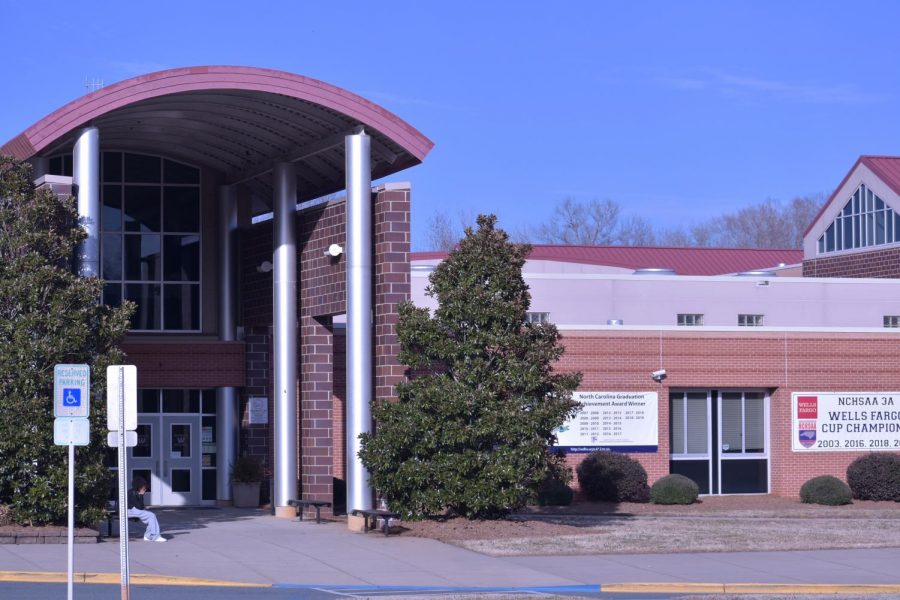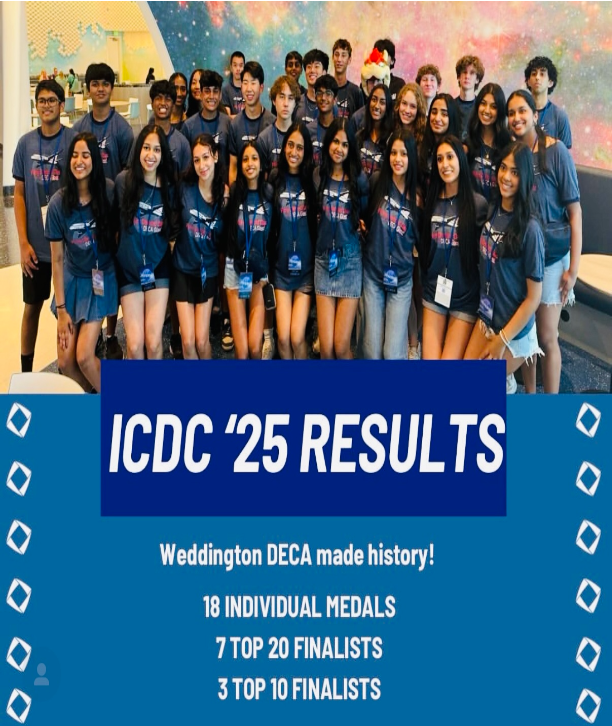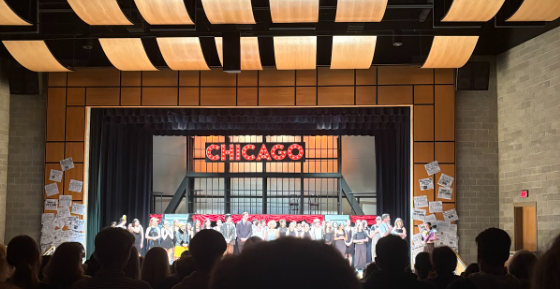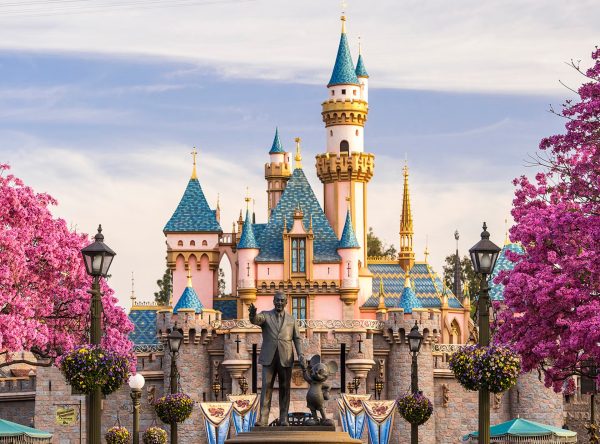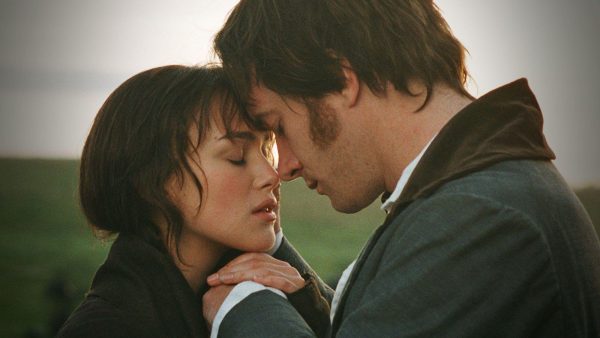Black History Month at WHS
February 28, 2021
As most know, February is Black History Month. Throughout this month, we celebrate Black icons throughout history while uplifting those of today, recognizing both their tremendous achievements and the hardships they’ve faced. At Weddington, the Cultural movement club has been the forefront of the decorations and appreciation of this month. This club has a goal of spreading cultural awareness of minorities in Weddington and encouraging the appreciation of various ethnicities. In addition to decorating, they’ve provided daily history facts on the announcements throughout the month of February, all of which were geared towards spreading awareness of Black accomplishments. To see how Weddington celebrates Black history, I’ve interviewed several students and teachers, who have chosen to remain anonymous, in order to gain individual perspectives.
Who is your African American icon?
A1: “A personal icon of mine is Muhammad Ali. I don’t know if that sounds cliche, but you know that I’ve always got “float like a butterfly, sting like a bee” in the brain.”
A2: “Ugh! That’s a hard one, there are literally hundreds of people that I could name. If I had to pick though, I think it would be Ruby Bridges. She had to have been so courageous to be enrolled in a white school with all the backlash she faced.”
A3: “Rosa Parks. (Why?) Because she’s famous, and she really helped getting the (Civil Rights) movement started. Lots of things couldn’t be done without her.”
A4: “Definitely Serena Williams, if it doesn’t have to be a historical Black person. I like the way she actually speaks out about the problems she faces as a Black woman, but she doesn’t let it get to her and she’s come so far.”
How do you celebrate black history?
A1: “I don’t know if I, like, celebrate it. But I feel like thinking of those Black leaders in our history when I’m doing my own thing is like my little way of celebration.”
A2: “Well, I do like hearing the announcements. Some things I never even realized were made by Black people that didn’t get recognition for it.”
A3: “I don’t think I really celebrate it… I just kinda vibe with whatever is happening at the school.”
A4: “I don’t celebrate it in the way that ‘celebrating’ connotes. During Black History Month I like to focus on Black creators and sports heroes, to give them the appreciation that they’ve missed out on.”
At Weddington High, students all over the school have listened to daily facts on the announcements, seen the posters, and sat in a decorated lunch room, engaging in our school’s celebration of Black history. Though many appreciate celebrating Black History Month through these methods, others have a different approach. “I feel like we don’t celebrate Black history by seeing the banners in the cafeteria, or hearing about peanut butter on the announcements,” says another anonymous senior. “Instead I feel like we celebrate Black history by celebrating the Black voices among us now.” It brings to light the fact that Black history is versatile in the way in which individuals celebrate it, but all the more unifying in the way it affects our community in order to commemorate and appreciate Black history as well as the history being made.
*Editor’s Note: Following the lead of major newspapers around the country, The Weddington Witness capitalizes the ‘b’ in ‘Black’. Columbia Journalism Review provides insight on this decision: “For many people, Black reflects a shared sense of community and identity…in the absence of the identifiable ethnicities slavery stole from those it subjugated, Black can be a preferred ethnic designation for some descendants.”
Photo Credit: Maanya Bhutani



